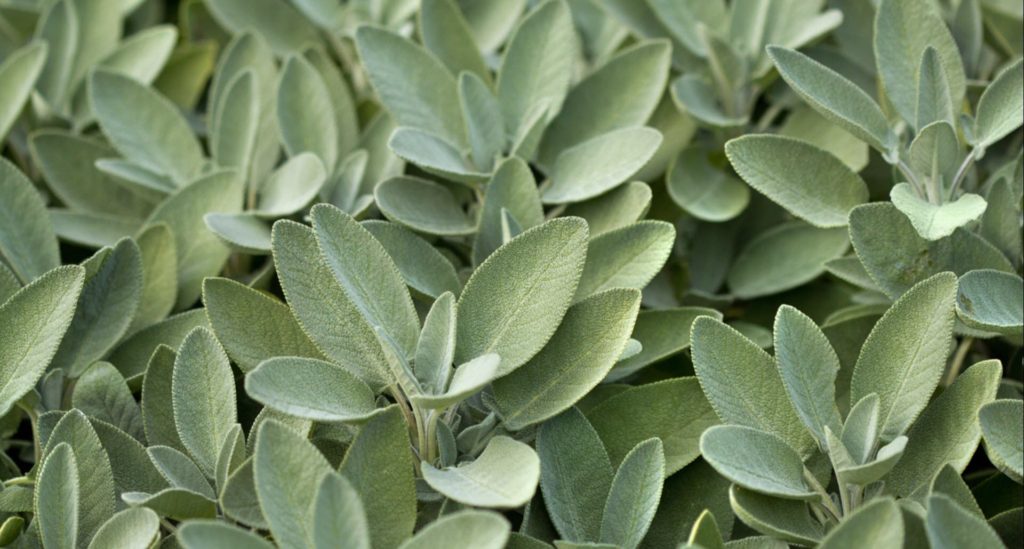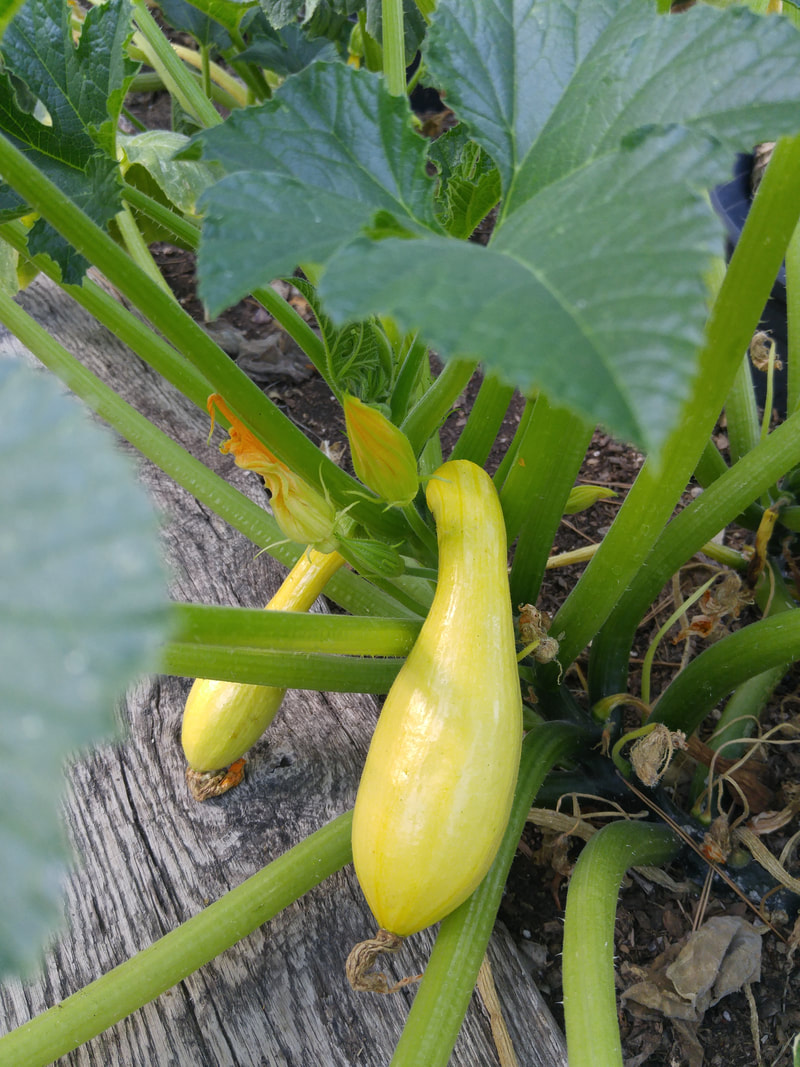[ad_1]
On account of its robust model, sage is considered as one among many staple herbs in Western delicacies. To completely extract its aroma, some stir fry this herb earlier to cooking. Others favor to combine it in sauces, marinades, bread, and meat. In Italy, sage is often added in pasta and pizza sauces.
With all these culinary advantages that sage brings, it actually is a pleasant to develop one in your yard to make the herb further accessible. Nonetheless, there are some circumstances the place sage fails to carry out appropriately together with not rising the required dimension of leaves.
Thankfully for you, we now have listed beneath among the many many attainable purpose why such a rising draw back occurs and a few options on the correct method to cope with it.
Among the many many most typical causes your sage plant is rising small leaves are pest infestations, parched soil, nutrient deficiencies, vital adjustments in native climate, or fully completely different rising factors and illnesses akin to mint rust, powdery mildew, slugs, or crown gall.


Causes of small sage leaves
- Pest infestations
What to look out for:
Skinny, yellow leaves; broken stems
What to do:
Within the occasion you are questioning why your sage plant is just not producing any greater leaves, you would possibly wish to affirm it for indicators of pest infestations. When these pests, notably aphids and thrips, feed in your sage plant, they suck out all of the fluids and dietary nutritional vitamins. Consequently, your sage lacks vital dietary nutritional vitamins, subsequently produces smaller leaves.
To forestall this, chances are it’s possible you’ll choose to utilize some pure pesticides so that you just solid off the pests nonetheless on the identical time not kill your full plant with harsh chemical compounds.
- Parched soil
What to look out for:
Brittle soil flooring; skinny leaves
What to do:
Though sage is significantly a heat-resistant herb, leaving your soil too dried up could even largely affect the leaf manufacturing of your sage plant. To revive this, see to it that you just simply water your sage when the soil is already dry to the contact, nonetheless make sure to not pour the water straight onto the plant nonetheless fairly onto the soil so the water shall be shortly absorbed by the plant’s roots to assist with the nourishment and manufacturing of bigger leaves.
- Nutrient deficiencies
What to look out for:
Small, skinny leaves; wilted stems; dry roots; leaf discoloration
What to do:
Any forms of vegetation, sage included, will certainly produce smaller leaves inside the event that they lack in vital dietary nutritional vitamins. So, to steer clear of this from happening any additional, make it potential to your sage plant receives the ample quantity of dietary nutritional vitamins that it wants. To have the facility to resolve the kind of nutrient that your sage considerably wants, you may run a soil take a look at with a house take a look at gear which is conveniently accessible in most yard boutiques and retailers.
- Obligatory adjustments in native climate
What to look out for:
Wilted leaves, frost bites
What to do:
Sage doesn’t notably thrive correctly all by the chilly season and intensely low temperatures may set off falling off of current leaves together with prohibiting new progress. When the plant is grown in an unlikely native climate state of affairs, it’d presumably hinder its full progress which might end up in manufacturing of smaller and thinner leaves, together with weaker and skinnier stems.
Utterly completely different rising factors and illnesses
Have you ever ever ever seen fully completely different uncommon rising factors in your sage except for producing smaller leaves? In case your reply is sure, you would possibly wish to take a while familiarizing your self with fully completely different factors, pests, and illnesses which might damage your sage plant on account of it grows. Together with these are the alternatives that you just’d have the flexibility to use to steer clear of additional damages and truly save your plant.
- Mint rust
Mint rust is a fungal illness that’s usually acknowledged as small, dusty bumps usually situated on the underside of the leaves and the colour would possibly differ between vivid orange, yellow, and brown. Furthermore, you may uncover that the mannequin new foliages have gentle colours and deformed form. When not prevented, mint rust shortly spreads from one leaf to a particular, to the extent of damaging fully completely different vegetation as correctly.
To steer clear of additional damage, take away contaminated leaves off of the plant and apply warmth treatment to the roots by submerging them in scorching water at 44°C, ideally for about 10 minutes. Afterwards, cool it down utilizing chilly water after which begin replanting.
- Powdery mildew
Powdery mildew is among the many many frequent illnesses in most vegetation that all the time seem on account of the temperature rises all by the early spring. Initially, powdery mildew manifests indicators like dusty white spots on the bottom of the leaves. Because of the fungal illness worsens, the fungi will totally cowl the leaf which is able to then lead to leaf drop and deform new progress. When left untreated, this will likely doable lastly finish in your plant’s lack of life.
After eradicating all of the contaminated leaves, it might be important that you just simply present the remainder of the plant with good air circulation together with adequate daylight and good soil drainage. Proper pruning could even assist steer clear of powdery mildew from damaging your sage.
- Slugs
You would possibly merely acknowledge if slugs have been feasting in your sage vegetation everytime you see slimy silver trails on the bottom of the sage leaves and there are persistent irregularly formed holes, clearly indicating that pests have been feeding in your sage.
As in contrast with fully completely different pests and bugs feeding on sage vegetation, slugs are comparatively simpler to solid off. You would possibly merely take them out utilizing your palms, put together traps. You would possibly every create a small pond-like home spherical your sage vegetation to drown the slugs, in every other case you some abrasive boundaries which will tear their pores and pores and pores and skin.
- Crown gall
Crown gall in Sage is a illness attributable to Agrobacterium tumefaciens that go by the use of the accidents contained in the roots or stems that causes plant tissues to develop disorientedly, inflicting galls or swelling. Crown galls are initially delicate in coloration; on account of it worsens, it turns darker and bigger. This bacterial illness could also be tender, exhausting, or spongy and when left untreated it’d presumably set off the stems of the sage to dry out and ultimately kill the entire plant.
To have the flexibility to steer clear of your sage from getting the crown galls, steer clear of wounding your plant so the micro organism is simply not going to have the prospect to enter by the use of it. It may even be useful everytime you plant your sage in a well-draining soil.
Suggestions on rising sage precisely
Now that you just simply pretty have an thought of what attainable pests, bugs, and fully completely different illnesses can destroy your sage, it’s vital that you just understand what are the issues that it’s best to do to have the flexibility to steer clear of such damages from happening. Listed beneath are only some ideas which will undoubtedly become useful if you lastly begin rising sage.
- Repeatedly water your sage till they attain full maturity.
All by its early rising stage, sage would require a repeatedly moist soil so merely deliberate to steadily water it till it reaches full maturity. When it has fully grown, you may someway lay off in your frequent water current and simply water your sage when the soil is already dry to the contact.
If it occurs that you just’re on the wetter aspect of the Earth, chances are it’s possible you’ll not ought to water your sage anymore and simply depend on rainfall. Afterall, sage is significantly a drought tolerant herb.
- Ample daylight makes your sage additional healthful.
As a sun-loving plant, sage prefers to amass full photograph voltaic usually, though it’d presumably furthermore tolerate partial photograph voltaic publicity considerably in hotter areas.
Insufficient photograph voltaic publicity would possibly set off your sage to be leggy in its try and catch further daylight. So, merely deliberate to develop it in a correctly lit home or any home in your yard the place it’d presumably pay money for direct and full daylight. Within the occasion you are rising your sage indoors, it’s elevated that you just simply place it close to the home dwelling home windows the place daylight can go by the use of. You can even put together a fluorescent delicate 2-4 inches straight above the plant.
- Prune older stems
To encourage further progress, make it a habits to prune a couple of third of the older and woody stems ideally in spring. Aside from this, pruning could even assist enhance the air circulation contained within the plant, considerably for the older leaves on the underside, which can assist reduce the possibilities of powdery mildew.
- Companion planting
Within the occasion you are planning on along with further crops in your yard whereas rising your sage, it’s essential to know which vegetation are secure to be planted alongside sage and which of them aren’t. As an illustration, carrots, brassicas, tomatoes, and strawberries are good insect and pest repellents so that they’re wonderful companion vegetation in your sage. Within the occasion you wish to enhance the standard and magnificence of your sage, you may plant rosemary alongside it.
Nonetheless, listed beneath are among the many many vegetation that you just mustn’t have in mind as companion vegetation: Alliums, cucumbers, fennel, wormwood, and rue.
- Allocate ample dwelling for quite a few sage vegetation
Within the occasion you are rising bigger than 1 sage plant, chances are it’s possible you’ll wish to allocate ample dwelling between every of them, ideally 18 to 24 inches aside since any such herb tends to develop to be bushy.
Advantages of sage leaves
Apart from along with eucalyptus-like model and aroma to most mediterranean dishes, sage leaves are furthermore believed to supply some correctly being advantages.
- Sage is historically used as a pure remedy to diabetes on account of it helps regularize blood sugar ranges.
- On account of its estrogen-like properties, sage may even be a wonderful remedy to ease menopause indicators akin to scorching flashes, vaginal irritability, and extreme sweating.
- Consuming sage steadily is an setting pleasant strategy to flush out toxins out of your physique, thus lowers the prospect of attainable power illnesses.
- Sage consists of quite a lot of vital dietary nutritional vitamins and dietary dietary nutritional vitamins {{{that a}}} human physique wants day by day. Numerous of these are Vitamin Okay, Calcium, Iron, Protein, and Vitamin B6.
- Sage furthermore helps decrease unhealthy ldl ldl ldl cholesterol, whereas rising good ldl ldl ldl cholesterol diploma.
[ad_2]
Present hyperlink
- 3 Indicators Your Onions Are Able to Harvest – Backyard Betty - 1 July 2025
- Planting Methods & Seasonal Upkeep [6.14.25] - 19 June 2025
- June However Nonetheless Not Actually Summer time - 19 June 2025


